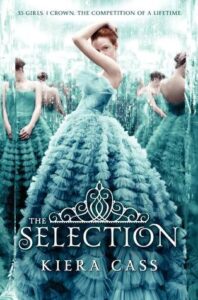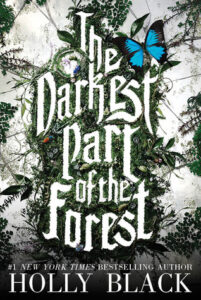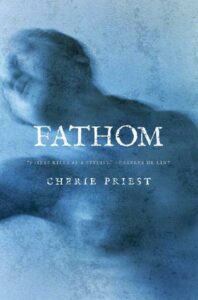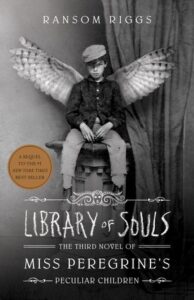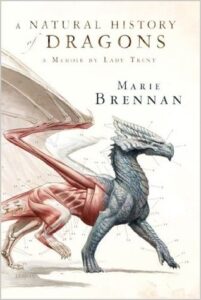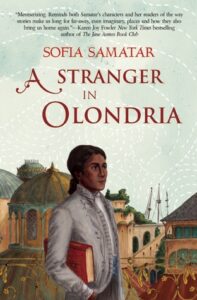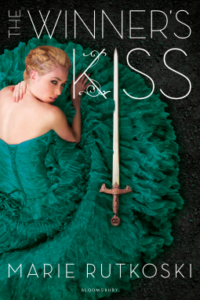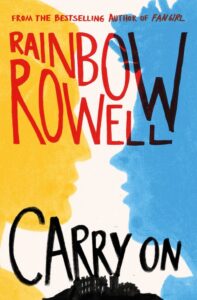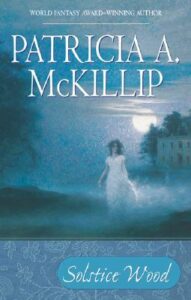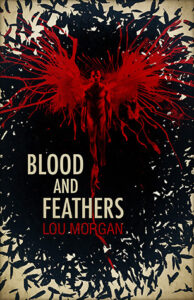 Blood and Feathers, Lou Morgan
Blood and Feathers, Lou Morgan
Blood and Feathers reminded me very much of Supernatural, from the morality of the angels/demons through the issues of falling to the general reliance on human firepower — Mallory, one of the main characters, uses guns regularly, rather than any kind of angelic power. As in Supernatural, sometimes it seems as though the angels may not be the best allies, and may not want the best for humanity; some of the demons seem redeemable.
Overall, it’s a fast read, and I found it quite enjoyable. If it had dragged, I might’ve questioned things more or wanted more depth in the world-building, but as it was, Alice didn’t really know what was going on and things continued to reveal themselves to her and the reader at a pretty good clip. Mallory is the kind of character obviously calculated to be interesting to the reader: racked with pain, competent, more sympathetic than some of the others, capable of empathising with Alice. I found myself imagining him as the love child of Dean Winchester and Castiel, somehow — there were bits of both character types in him. Alice herself is more of a blank slate, with vague bits of her past slowly being filled in; nothing to object to, but nothing to attach to either.
I don’t know if I’m going to pick up the next book; while this was a fun enough quick read, I’m not terribly invested in it, and some of the plot ‘twists’ were terribly obvious to me. (The entire character of Gwyn, for example. The ‘mystery’ of what happened to Alice’s mother, for another example.) We’ll see; I’d probably get it from the library, but not buy it.

